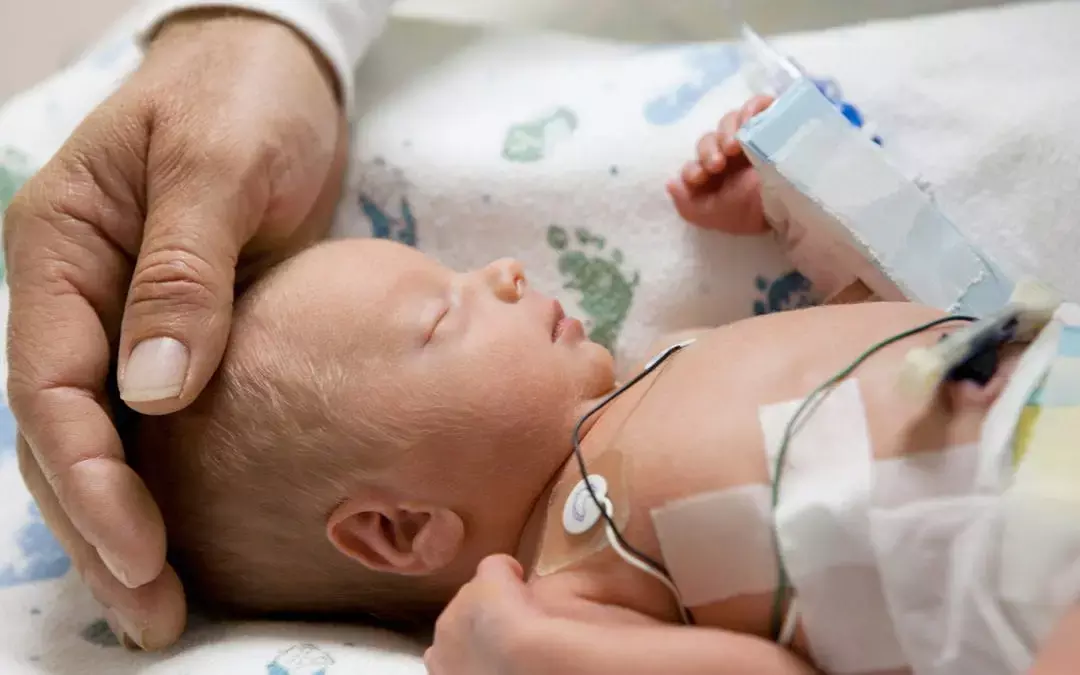- Home
- Medical news & Guidelines
- Anesthesiology
- Cardiology and CTVS
- Critical Care
- Dentistry
- Dermatology
- Diabetes and Endocrinology
- ENT
- Gastroenterology
- Medicine
- Nephrology
- Neurology
- Obstretics-Gynaecology
- Oncology
- Ophthalmology
- Orthopaedics
- Pediatrics-Neonatology
- Psychiatry
- Pulmonology
- Radiology
- Surgery
- Urology
- Laboratory Medicine
- Diet
- Nursing
- Paramedical
- Physiotherapy
- Health news
- Fact Check
- Bone Health Fact Check
- Brain Health Fact Check
- Cancer Related Fact Check
- Child Care Fact Check
- Dental and oral health fact check
- Diabetes and metabolic health fact check
- Diet and Nutrition Fact Check
- Eye and ENT Care Fact Check
- Fitness fact check
- Gut health fact check
- Heart health fact check
- Kidney health fact check
- Medical education fact check
- Men's health fact check
- Respiratory fact check
- Skin and hair care fact check
- Vaccine and Immunization fact check
- Women's health fact check
- AYUSH
- State News
- Andaman and Nicobar Islands
- Andhra Pradesh
- Arunachal Pradesh
- Assam
- Bihar
- Chandigarh
- Chattisgarh
- Dadra and Nagar Haveli
- Daman and Diu
- Delhi
- Goa
- Gujarat
- Haryana
- Himachal Pradesh
- Jammu & Kashmir
- Jharkhand
- Karnataka
- Kerala
- Ladakh
- Lakshadweep
- Madhya Pradesh
- Maharashtra
- Manipur
- Meghalaya
- Mizoram
- Nagaland
- Odisha
- Puducherry
- Punjab
- Rajasthan
- Sikkim
- Tamil Nadu
- Telangana
- Tripura
- Uttar Pradesh
- Uttrakhand
- West Bengal
- Medical Education
- Industry
Kangaroo-Mother Care reduces mortality in low birthweight and preterm babies

Between enrolment and 28 days, Kangaroo-Mother Care (KMC) reduced mortality in low birthweight (LBW) and preterm newborns, says an article published in Frontiers in Pediatrics.
Skin-to-skin contact between the mother and the newborn, frequent exclusive or nearly exclusive breastfeeding, and early discharge were the original definitions of kangaroo mother care (KMC), which has since been proposed as an alternative to traditional interventions for care of low birthweight infants. KMC is a multifaceted interference for LBW infants, preterm infants, and their parents. In order to increase the use of KMC in clinical practice, Zhen Zhu and colleagues set out to evaluate the advantages of KMC systematically and intuitively from the efficacy of KMC on the clinical outcomes (mortality, sepsis, hospital stay, hypothermia, and exclusive breastfeeding) of LBW and preterm infants in the first 28 days.
For this investigation, papers from the databases PubMed, EBSCO, Web of Science, and the Cochrane library that had been published up through November 2021 were obtained. The main clinical result was death from the time of enrolment to 28 days. The average length of hospital stays, exclusive breastfeeding at the end of the neonatal period, hypothermia, sepsis, and exclusive breastfeeding after discharge were the secondary clinical outcomes.
The key findings of this study were:
There was a meta-analysis that covered 17 RCTs with a total of 17,668 participants.
The findings of this meta-analysis showed that KMC might lower mortality, the main clinical outcome, between enrolment and 28 days.
KMC exhibited various degrees of positive effects on sepsis, hypothermia, and the mean length of hospital stay for the secondary clinical outcomes.
Nevertheless, there was no statistically significant difference in the advantages of exclusive breastfeeding at the end of the newborn period and upon KMC release.
In conclusion, this study demonstrated that KMC was advantageous to LBW and preterm newborns in any condition, including lowering the risk of hypothermia and infection, reducing the average length of hospital stays, and lowering neonatal death.
Reference:
Zhu, Z., Wang, X., Chen, W., Pei, S., Wang, Q., Guan, H., & Zhu, G. (2023). The efficacy of Kangaroo-Mother care to the clinical outcomes of LBW and premature infants in the first 28 days: A meta-analysis of randomized clinical trials. In Frontiers in Pediatrics (Vol. 11). Frontiers Media SA. https://doi.org/10.3389/fped.2023.1067183
Neuroscience Masters graduate
Jacinthlyn Sylvia, a Neuroscience Master's graduate from Chennai has worked extensively in deciphering the neurobiology of cognition and motor control in aging. She also has spread-out exposure to Neurosurgery from her Bachelor’s. She is currently involved in active Neuro-Oncology research. She is an upcoming neuroscientist with a fiery passion for writing. Her news cover at Medical Dialogues feature recent discoveries and updates from the healthcare and biomedical research fields. She can be reached at editorial@medicaldialogues.in
Dr Kamal Kant Kohli-MBBS, DTCD- a chest specialist with more than 30 years of practice and a flair for writing clinical articles, Dr Kamal Kant Kohli joined Medical Dialogues as a Chief Editor of Medical News. Besides writing articles, as an editor, he proofreads and verifies all the medical content published on Medical Dialogues including those coming from journals, studies,medical conferences,guidelines etc. Email: drkohli@medicaldialogues.in. Contact no. 011-43720751


